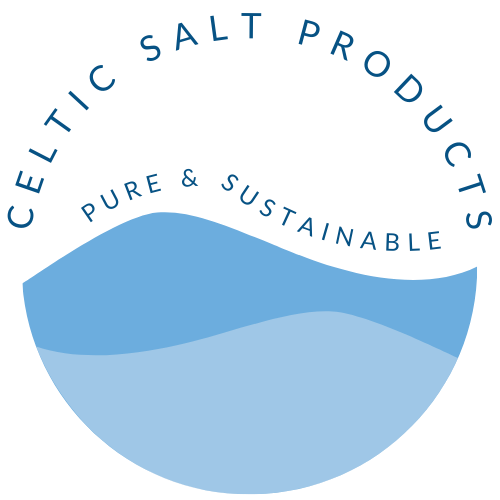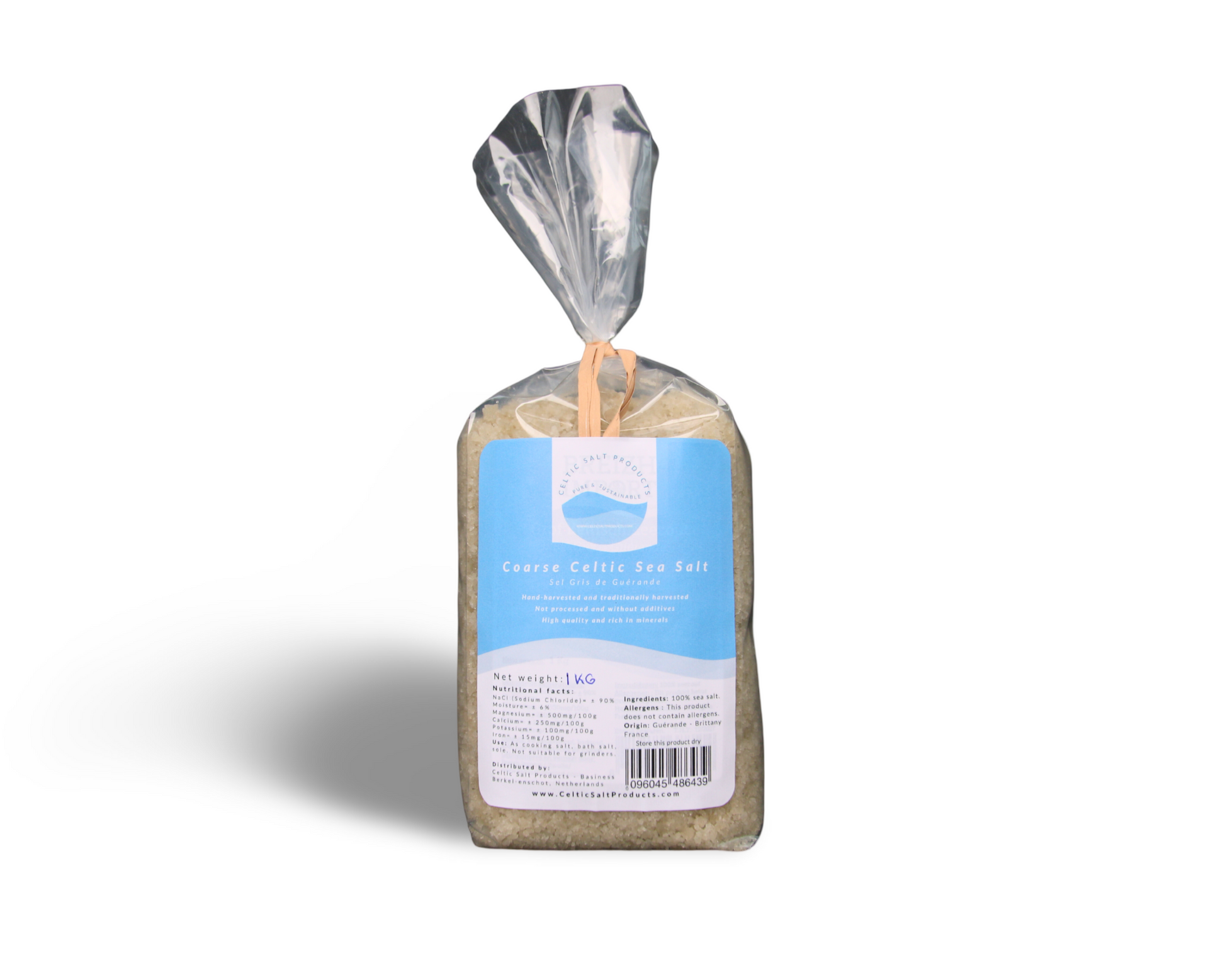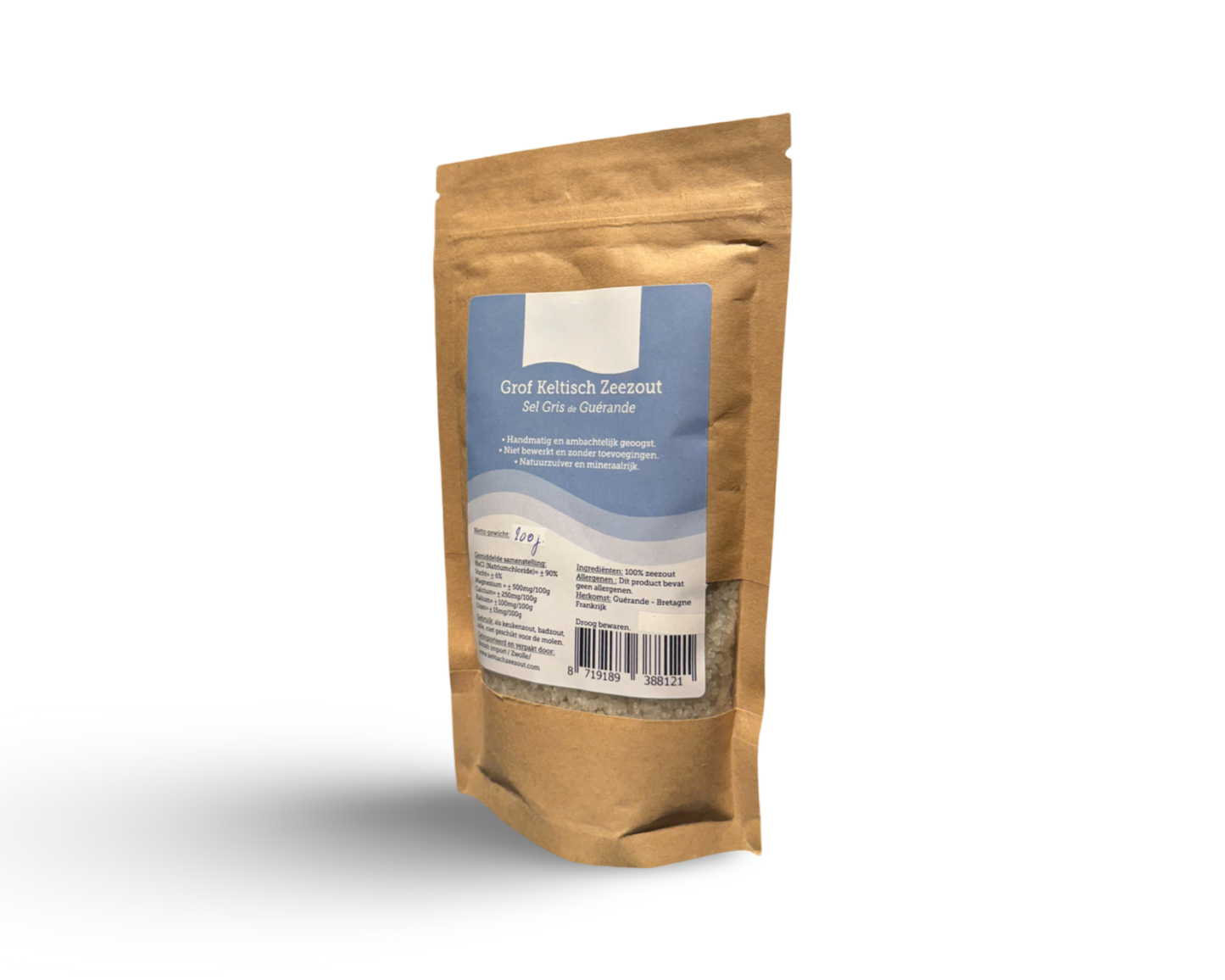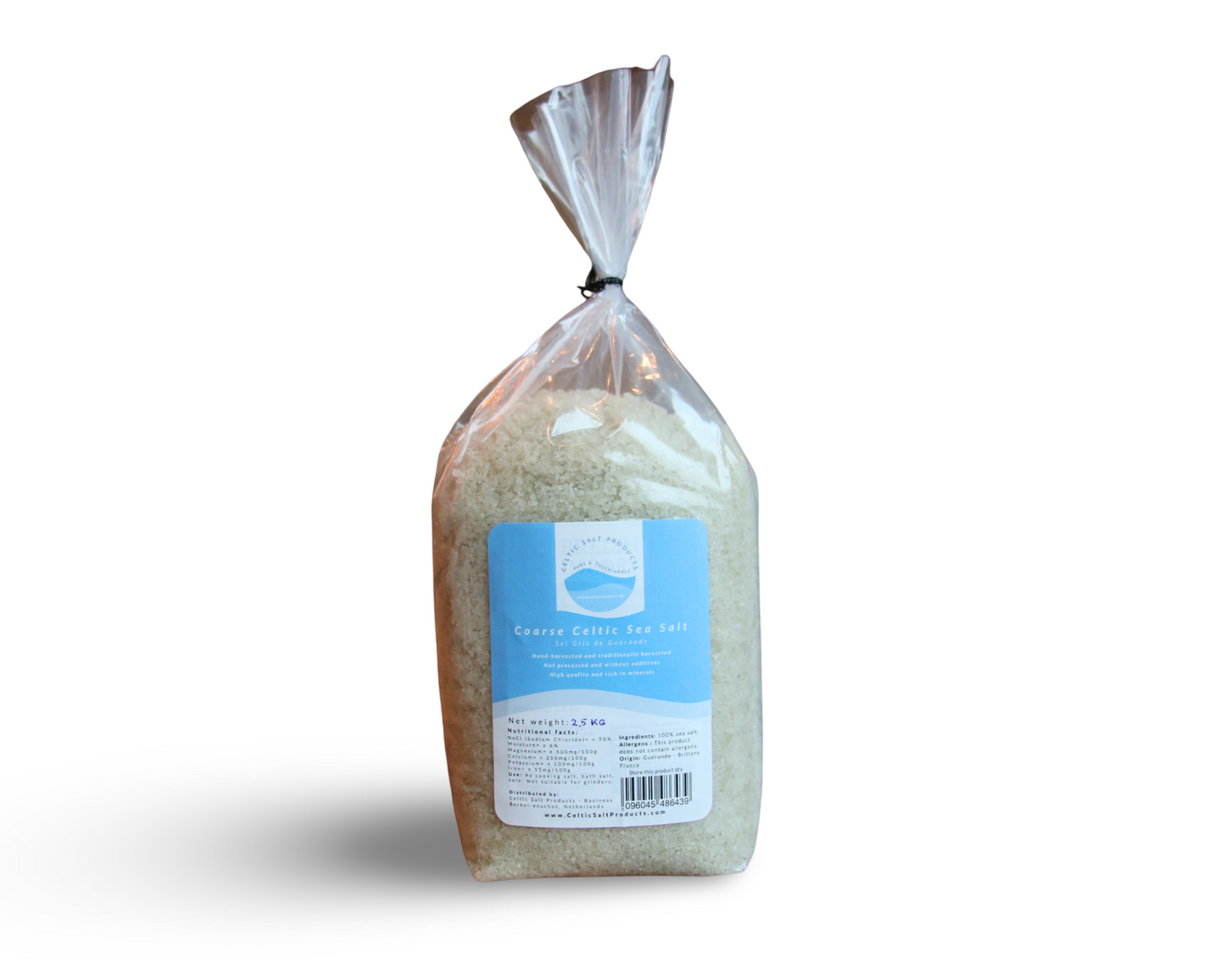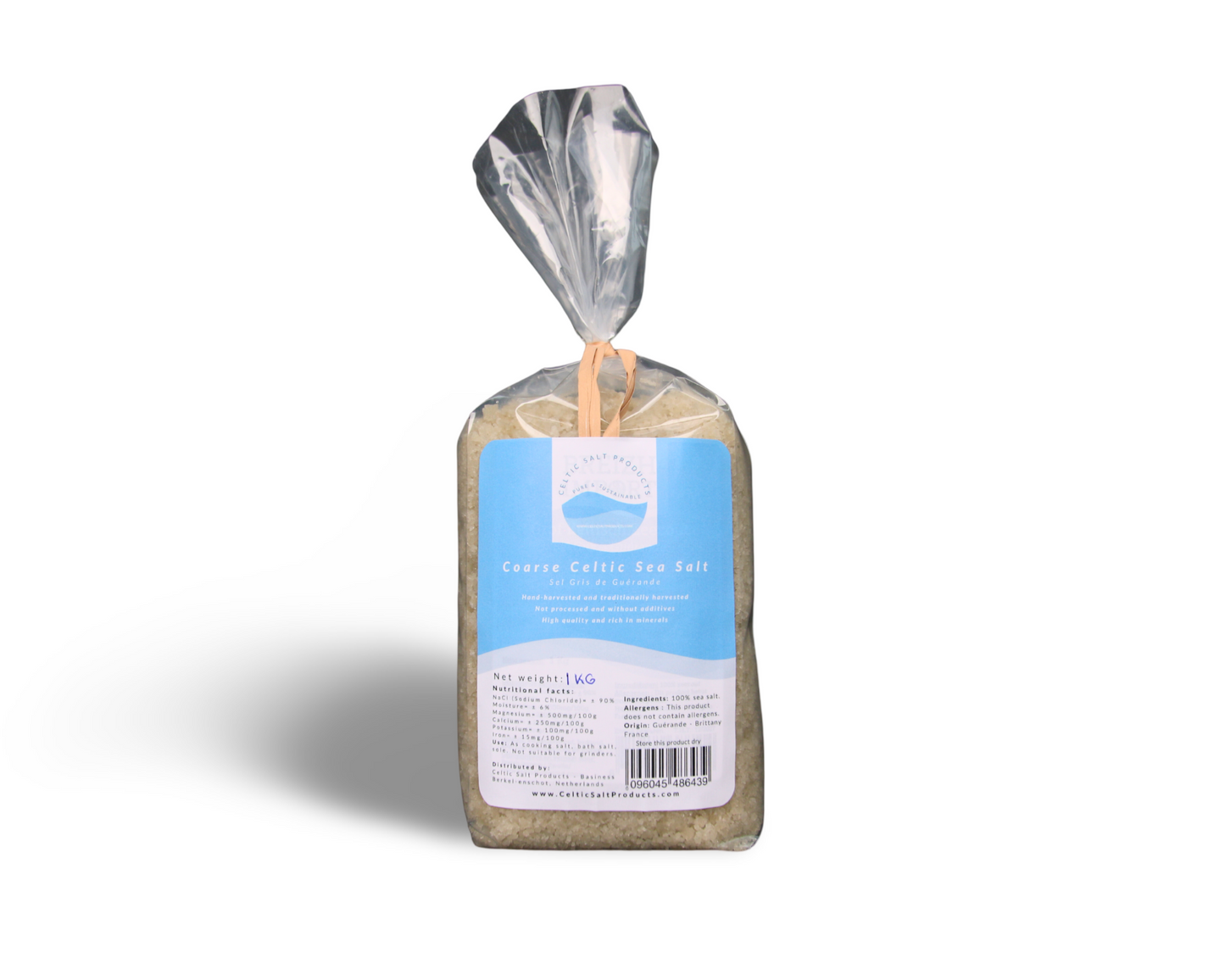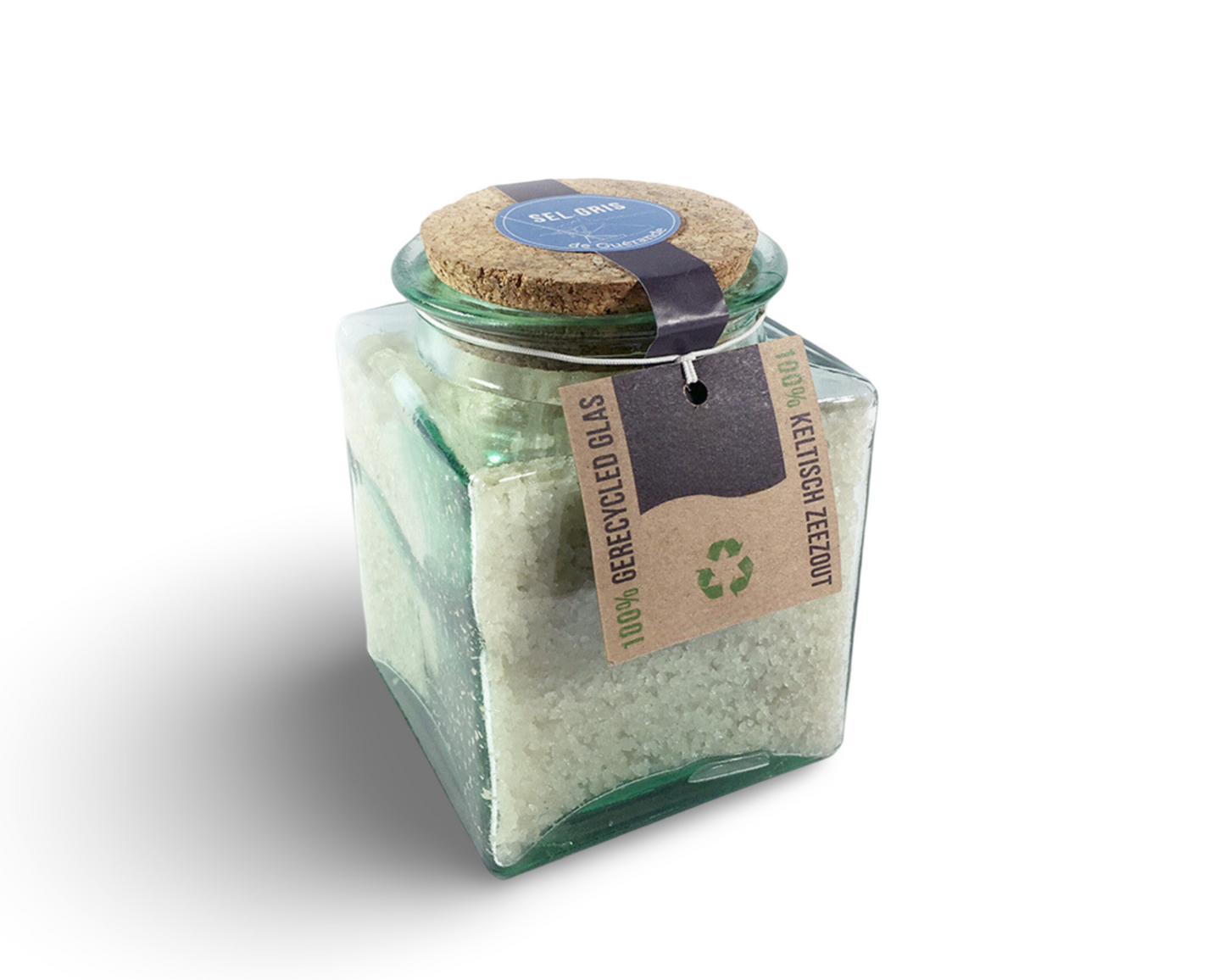Electrolytes are more than just a buzzword used by athletes and sports enthusiasts; they are essential minerals crucial for many of our body's day-to-day functions. These minerals include potassium, magnesium, calcium, and sodium, all of which play a key role in hydrating the body, ensuring nerve and muscle function, and maintaining acid-base balance and fluid balance within cells. But where does Celtic salt come into this mix, and how can it benefit your electrolyte balance? Let's dive into the details.
#### What is Celtic Salt?
Celtic salt, also known as Sel Gris (French for Grey Salt), is harvested using traditional Celtic methods. This type of salt is known for its grey color, which it owes to the clay from the salt flats where it is collected. Unlike regular table salt, Celtic salt is minimally processed and retains a variety of minerals and trace elements, including those crucial electrolytes.
#### Benefits of Celtic Salt
**Rich in Minerals**: Celtic salt is touted for its mineral content, particularly magnesium and trace amounts of potassium and calcium, making it a potentially beneficial addition to a diet for maintaining electrolyte balance.
**Natural Harvesting**: The traditional methods used to harvest Celtic salt ensure that it remains free from additives and chemicals often found in regular table salts. This can be particularly appealing to health-conscious consumers looking for more natural dietary choices.
**Enhanced Flavor**: Many chefs and food enthusiasts prefer Celtic salt for its ability to enhance flavor without being overly salty, which can be a great way to encourage more hydration by making water and foods more appealing.
#### Electrolytes and Your Health
Electrolytes are crucial for hydration, especially in situations involving intense physical activity, hot climates, or any scenario where you lose fluids, such as sweating. Here’s how they help:
- **Hydration**: They help manage and regulate the amount of fluids throughout your body, which affects cellular function, blood volume, and blood pressure.
- **Nerve function**: Electrolytes carry electrical signals between cells, aiding in nerve impulses and muscle contractions.
- **pH level balance**: They help maintain your body's pH levels, keeping acidity in check, which is vital for your body’s overall health.
#### Is Celtic Salt Enough for Electrolyte Balance?
While Celtic salt can contribute to your mineral intake, it should not be relied upon as the primary source of electrolytes, especially potassium, which is underrepresented in Celtic salt. Most individuals will need a more varied diet to maintain optimal electrolyte levels. Foods rich in potassium, such as bananas, potatoes, spinach, and avocados, and those high in calcium and magnesium, should also be included in your diet.
#### Conclusion
Celtic salt offers more than just seasoning. With its array of trace minerals, it can be a part of a healthy diet contributing to your electrolyte needs. However, it’s important to understand that while beneficial, Celtic salt should complement a diet rich in various nutrients. Always consider your overall dietary intake and hydration habits as the foundation of good health.
Adding Celtic salt to your diet is a step towards embracing natural, minimally processed foods, and when used in moderation, it can contribute to a well-rounded nutrient intake. Enjoy the burst of flavor and the pinch of health benefits that Celtic salt brings to your table!

